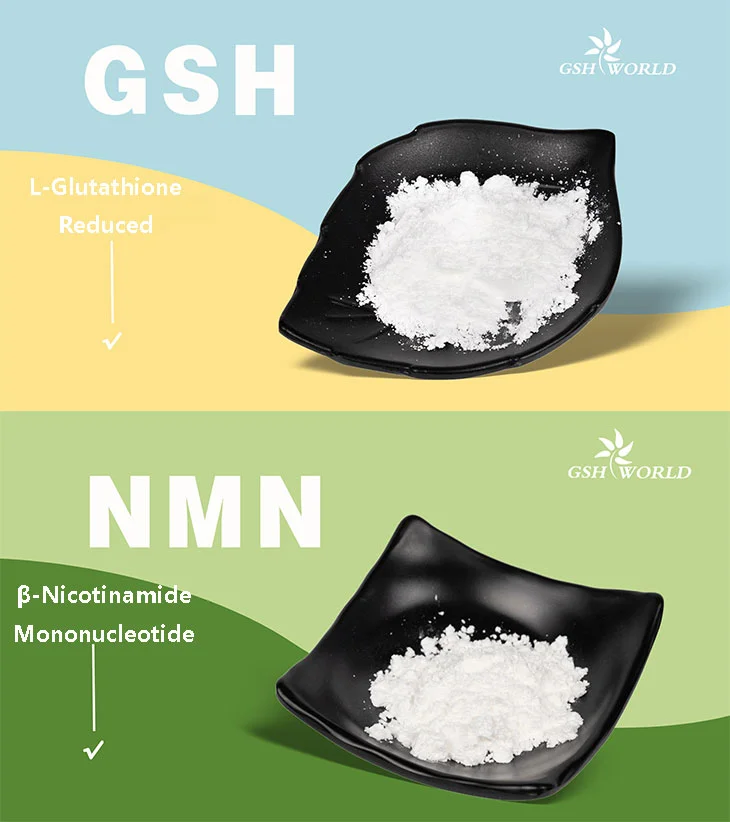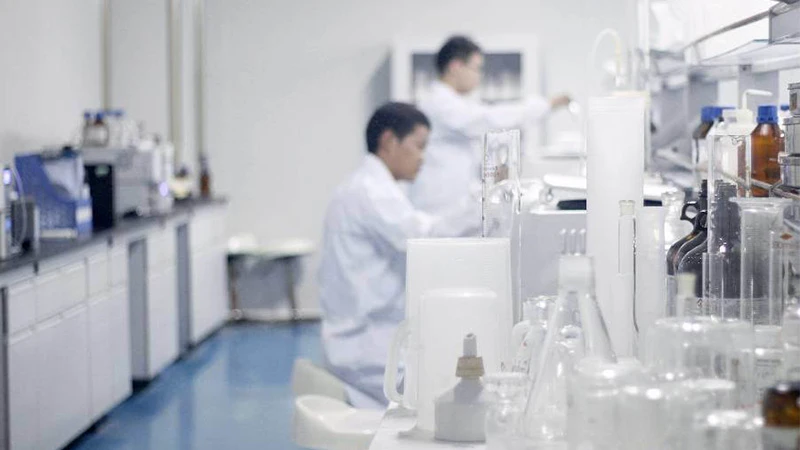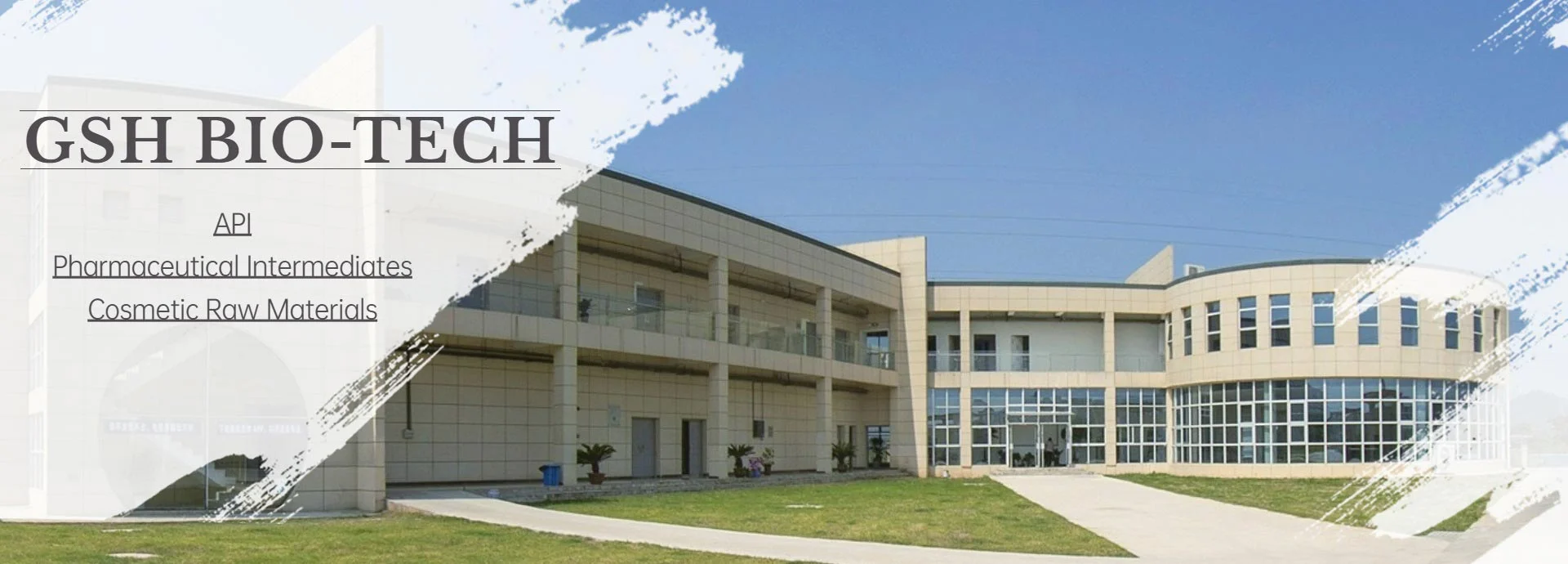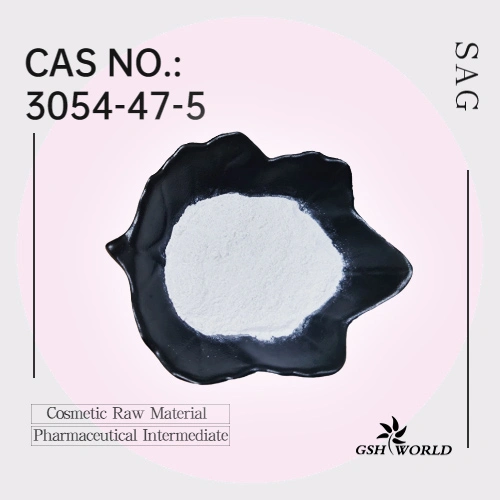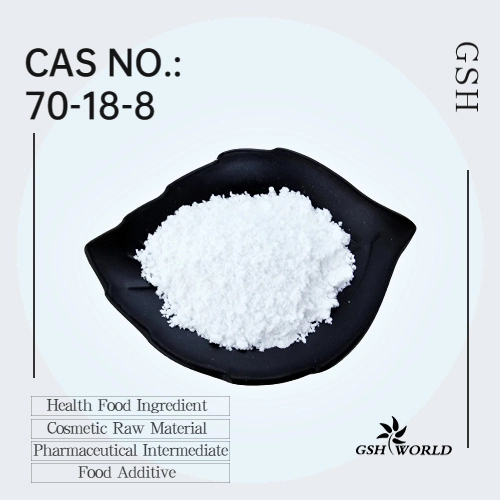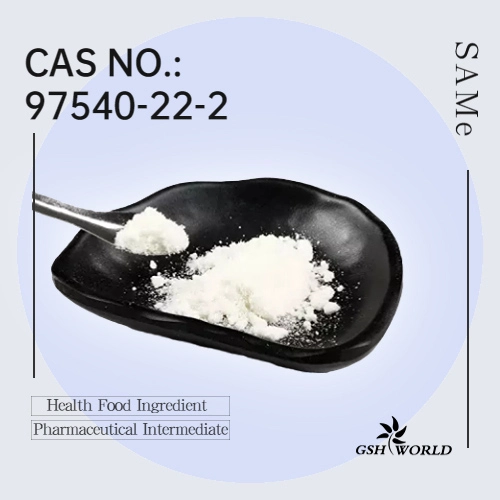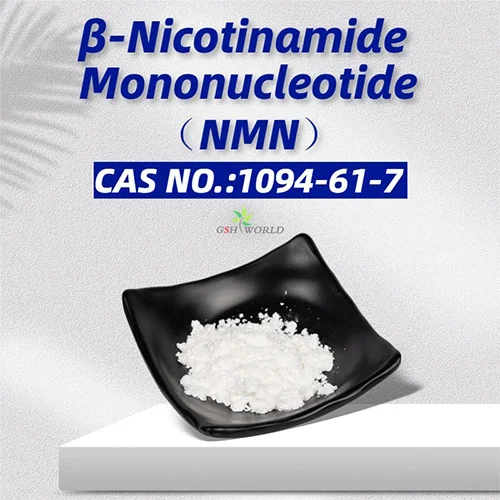The Mysterious Role of S-Acetyl-L-Glutathione in Cellular Metabolism and Detoxification
S-Acetyl-L-Glutathione, also known as acetylglutathione or N-acetyl-L-glutathione, is a conjugate of glutathione and acetyl groups. It is a member of the glutathione family of peptides and plays an important role in cellular metabolism and detoxification.
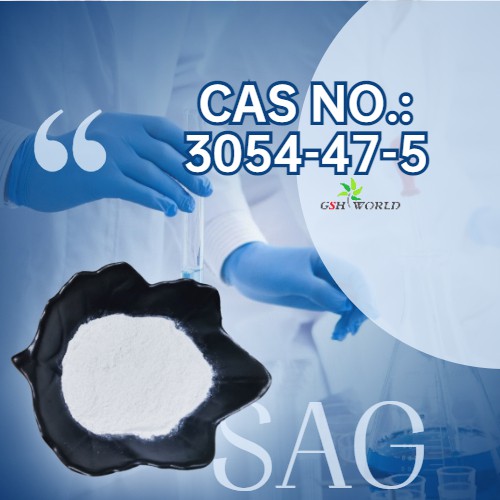
Glutathione is a tripeptide composed of glutamate, cysteine, and glycine. It is involved in a variety of biological processes, including antioxidant defense, protein and amino acid metabolism, and detoxification of xenobiotics. Acetylation of glutathione results in the formation of S-Acetyl-L-glutathione, which has a higher affinity forxenobiotics and greater capacity for detoxification.
S-Acetyl-L-glutathione is formed through the action of acetyltransferase enzymes. These enzymes transfer an acetyl group from an acetyl donor to a sulfur atom of a cysteine residue in glutathione. The resulting conjugate can then react with a variety of electrophiles, forming conjugated metabolites that are more easily excreted from the body.
The detoxification reaction mediated by S-Acetyl-L-glutathione is known as acylation. This reaction involves the transfer of the acetyl group from S-Acetyl-L-glutathione to a electrophilic functional group on a xenobiotic molecule, resulting in the formation of a non-polar conjugate. These conjugated metabolites are more water-soluble than the parent xenobiotic, making them easier to excrete from the body.
S-Acetyl-L-glutathione is involved in the detoxification of a variety of xenobiotics, including drugs, environmental pollutants, and synthetic chemicals. It plays a particularly important role in the detoxification of alcohol, which can be converted to a toxic metabolite,through the action of alcohol dehydrogenase. Through the action of S-Acetyl-L-glutathione, this metabolite can be conjugated and excreted from the body.
In addition to its role in detoxification, S-Acetyl-L-glutathione also plays an important role in antioxidant defense. It can react with free radicals and other oxidants, protecting cells from oxidative damage. S-Acetyl-L-glutathione is also involved in the metabolism of nutrients, including vitamins and proteins, and plays a role in the synthesis and breakdown of hormones and other regulatory molecules.
The importance of S-Acetyl-L-glutathione in cellular metabolism and detoxification has been recognized through studies on knockout mice lacking the enzyme responsible for its synthesis. These mice show increased sensitivity to a variety of xenobiotics and environmental stressors, indicating the crucial role of S-Acetyl-L-glutathione in protection against oxidative and metabolic stress.
*Special note - This article is for informational purposes only and cannot replace a doctor's treatment diagnosis and advice. It should not be regarded as a recommendation or proof of efficacy of the medical products involved. If it involves disease diagnosis, treatment, and rehabilitation, please be sure to go to a professional medical institution to seek professional advice.
by GSHWORLD
GSHWORLD is China Biological API Manufacturer. China S-Acetyl-L-Glutathione Supplements powder suppliers & best S-Acetyl-L-Glutathione benefits raw material Factory.


